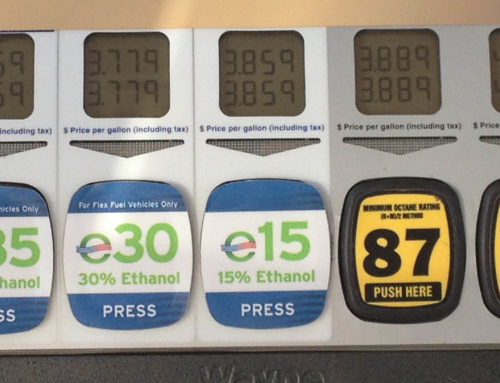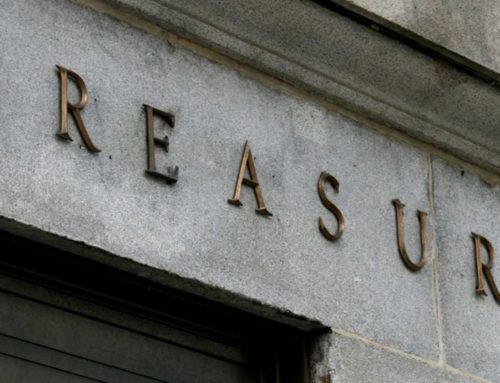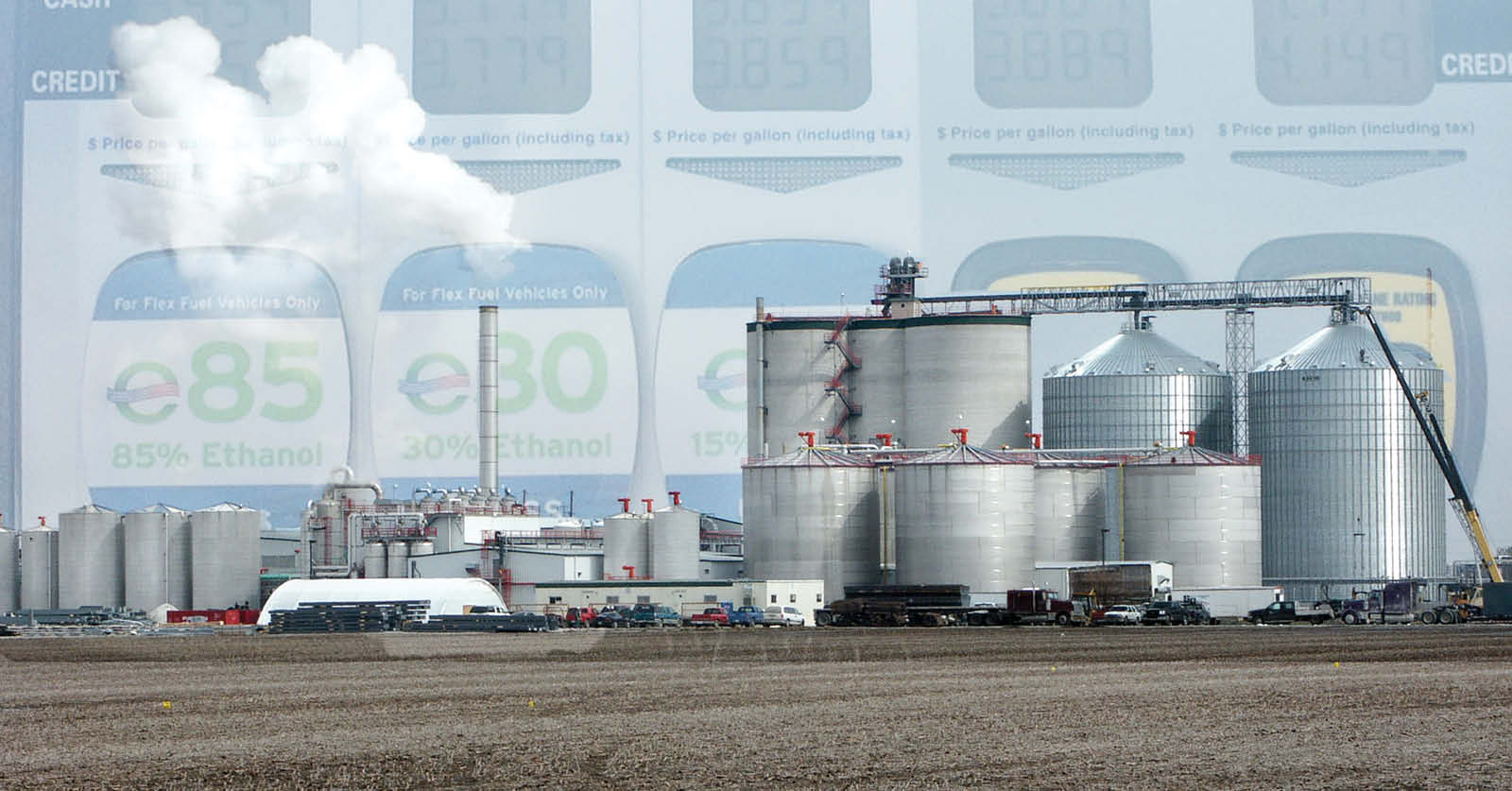The U.S. House of Representatives' FY2025 budget reconciliation bill, known as the One Big Beautiful Bill Act, takes an axe to many of the Biden-era energy tax credits but would extend and expand the 45Z Clean Fuel Production Credit. The provision was proposed in the House Ways and Means Committee's draft text, approved by the committee on May 14, and passed by the House unchanged on May 22.
The extension of the 45Z tax credit would cost American taxpayers $45 billion from FY2025-2034, according to the Joint Committee on Taxation. In FY2031 alone, the credit is estimated to reduce federal payments to the Treasury by $8.5 billion—which is nearly the full cost of the old $6 billion ethanol tax credit (VEETC) and the $3 billion biomass-based diesel tax credit, which Congress let expire in 2011 and 2024, respectively.
The Clean Fuel Production Credit is a per gallon biofuel tax credit to subsidize production of transportation fuel with low or no greenhouse gas (GHG) emissions. The credit works on a sliding scale tax—higher for fuels with lower GHG emissions—and offers a maximum value of $1 per gallon of nonaviation fuel and $1.75 per gallon of aviation fuel (if producers meet prevailing wage and registered apprenticeship requirements).
While 45Z only came into effect in 2025, biofuel subsidies are nothing new. 45Z replaces a scattering of newly-expired tax credits for production of biodiesel, renewable diesel, second-generation biofuel, sustainable aviation fuel, and other fuels (Section 40, 40A, 40B, 6426, and 6427). Biofuel producers, particularly corn ethanol and soy biodiesel, also receive numerous other subsidies through the Department of Agriculture and a guaranteed market through the Renewable Fuel Standard.
The bill would extend the 45Z credit through the end of 2031, with the credit currently scheduled to expire at the end of 2027. The bill would also greatly expand eligibility by expanding what fuels qualify as "clean" for the credit. At the same time, the draft text would limit eligibility to biofuel feedstock grown in the United States, Mexico, or Canada.
Subsidies for biofuels come with a cost for taxpayers and consumers. Past U.S. tax credits, particularly for soy biodiesel and corn ethanol, have resulted in higher corn and soybean prices. As federal incentives such as the 45Z tax credit fuel increase production of biofuels, the diversion of soybean oil and other vegetable oils from food production will exert additional upward pressure on food prices for consumers and feed prices for ranchers.
The House's proposal to extend the 45Z and expand eligibility through less rigorous eligibility requirements would create higher costs without providing additional benefits to taxpayers. Instead of picking winners and losers through the tax code and other federal programs, the government should allow the biofuels industry to compete on a level playing field without market distortions.
- Photo by engin akyurt on Unsplash










